Description
VEGETABLE CUCUMBER CARMEN F1
VEGETABLE CUCUMBER CARMEN F1 . A very productive early maturing F1 hybrid producing cylindrical, very straight fruits, slightly ribby, dark and glossy with a short neck and around 34-40cm long with good shelf life. Vigorous growth habit and high resistance to powdery mildew. This is a glasshouse variety and needs good warmth to get the best results.
Cultivation advice
- Choose well-draining, fertile soil with a pH between 6.0 and 7.0. Work in organic matter like compost or well-rotted manure to enhance soil fertility before planting.
- Sow Carmen F1 cucumber seeds directly into warm soil after the last frost date. Ensure the soil temperature is at least 70°F (21°C) for optimal germination.
- Plant seeds or seedlings in hills or rows, spacing them about 12-18 inches apart and at a depth of 0.5 to 1 inch.
- Maintain consistent soil moisture, especially during flowering and fruiting stages. Water deeply but infrequently to encourage strong root development.
- Apply mulch to retain soil moisture and suppress weed growth. Use organic fertilizers or compost throughout the growing season to provide essential nutrients.
- Protect young plants from late spring or early fall cold snaps. Carmen F1 cucumbers prefer warm temperatures for optimal growth.
- Provide trellises, stakes, or cages for vertical growth to save space. Prune excess foliage for better airflow and ease of harvesting.
- Monitor for pests like aphids or cucumber beetles. Utilize organic pest control methods or companion planting to manage pests. Carmen F1 cucumbers have some disease resistance.
- Harvest cucumbers when they reach the desired size, typically around 6-8 inches long. Regular harvesting promotes continuous fruiting.
- Consume harvested cucumbers promptly for the best taste and texture. Store them in a cool place or refrigerate to maintain freshness.
- Ensure even moisture levels in the soil by using drip irrigation or watering at the base of plants to prevent moisture-related issues like blossom-end rot.
- Guarantee cucumbers receive ample sunlight, preferably 6-8 hours a day, for robust growth and development. Protect plants from extreme heat by providing shade during intense summer days.
- Occasionally apply diluted liquid organic fertilizer directly onto the leaves to supplement plant nutrition and encourage healthy growth.
- Regularly check the undersides of leaves for signs of pests or diseases. Early detection and intervention with organic solutions like neem oil or insecticidal soap can prevent infestations.
- Encourage pollinators like bees by planting flowers nearby or creating habitats that attract these beneficial insects for improved pollination.
- Remove any overripe or damaged cucumbers promptly to encourage continuous fruit production and prevent potential diseases.
- Amend the soil with aged compost or organic matter mid-season to replenish nutrients and maintain soil structure.
- Harvest cucumbers at their peak size and flavor to encourage the plant to continue producing more fruits.
- Utilize proper trellising or support systems to keep cucumbers off the ground, preventing rot and improving air circulation around the plants.
- Continuously observe plant health and adapt care practices accordingly to address any issues that arise promptly.
- Maintain a regular watering schedule, avoiding moisture fluctuations to prevent issues like bitterness or stunted growth.
- Ensure cucumbers receive adequate sunlight, ideally 6-8 hours daily, for robust growth and fruit development.
- Apply compost tea or organic liquid fertilizers periodically to supplement soil nutrients and promote vigorous plant growth.
- Monitor for pests regularly and implement organic pest control methods like neem oil spray or introducing beneficial insects.
- Plant insect-repelling herbs or flowers like basil or marigolds nearby to deter pests and attract beneficial insects.
- Install trellises, cages, or use vertical gardening techniques to support vines, save space, and prevent fruits from contacting the ground.
- Use row covers or cloches to protect young plants from temperature fluctuations or adverse weather conditions.
- Harvest cucumbers frequently to prevent overripening, stimulating further fruit production throughout the season.
- Apply organic mulch like straw or shredded leaves to retain moisture, regulate soil temperature, and minimize weed growth.
- Monitor plant health, adjust watering and care practices accordingly, and promptly address any signs of stress, pests, or diseases.

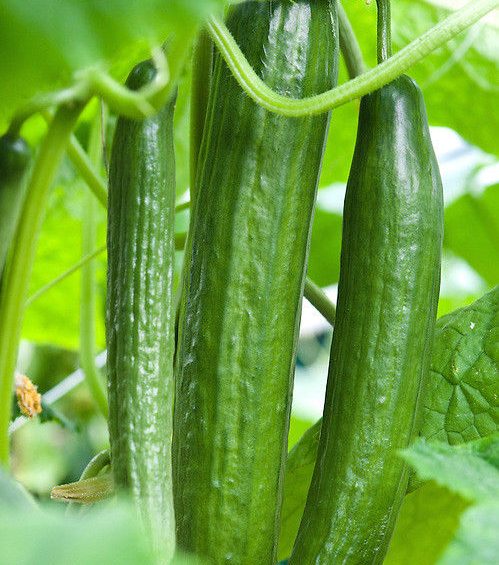
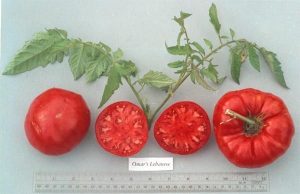
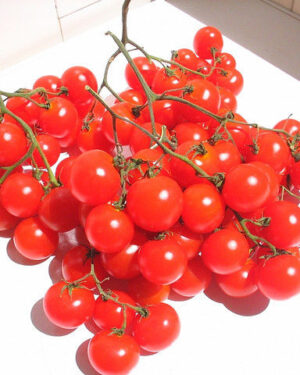
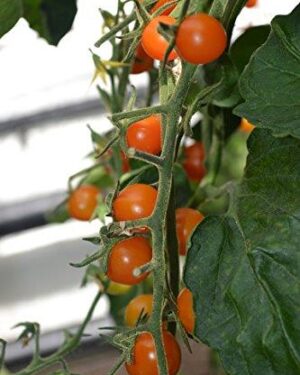
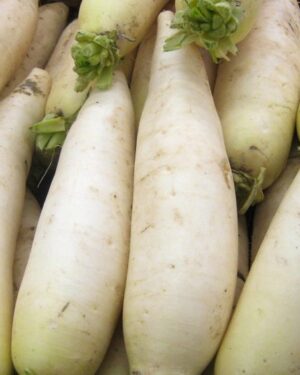
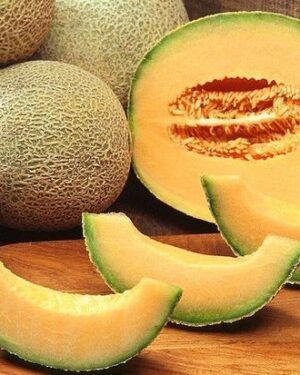
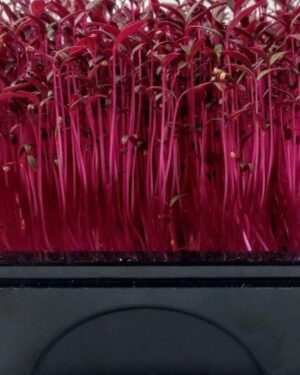

Reviews
There are no reviews yet.